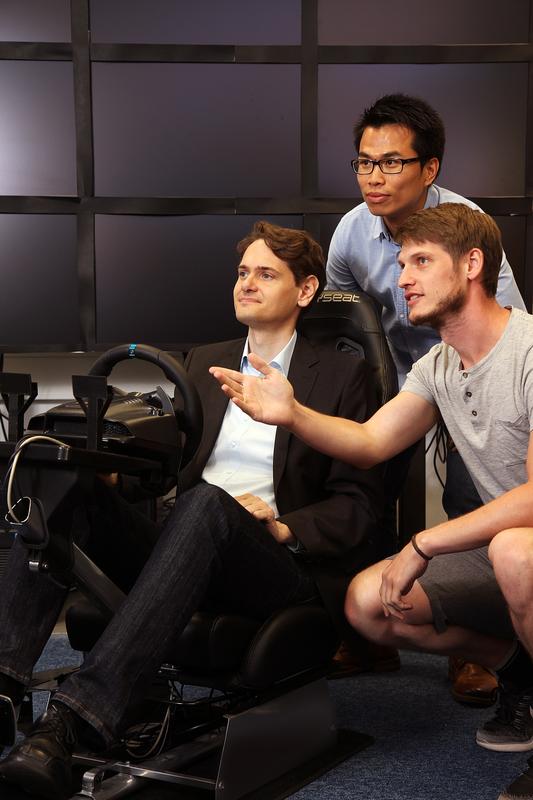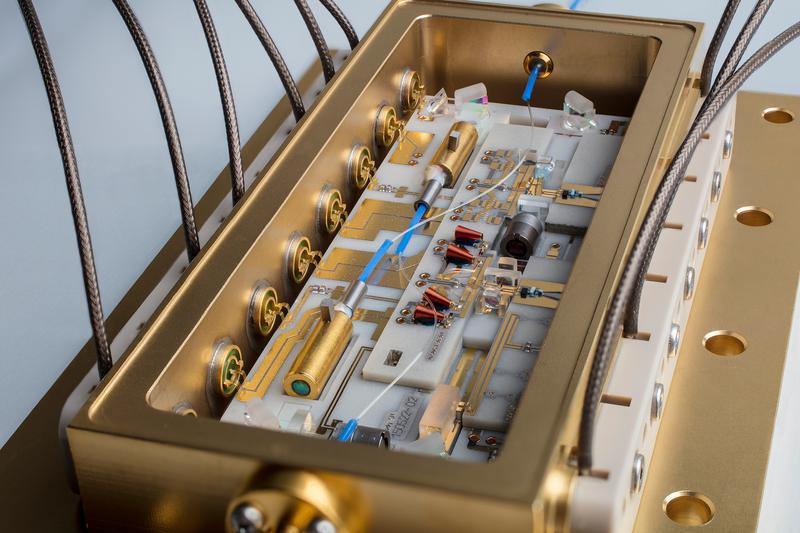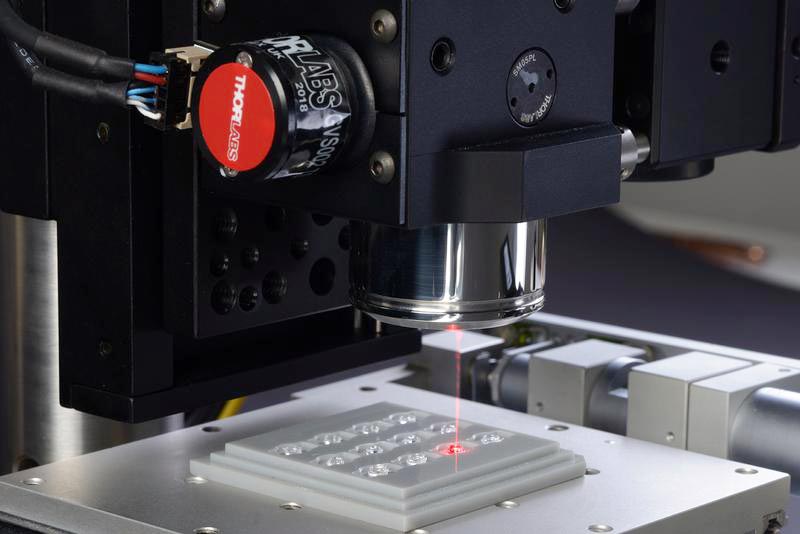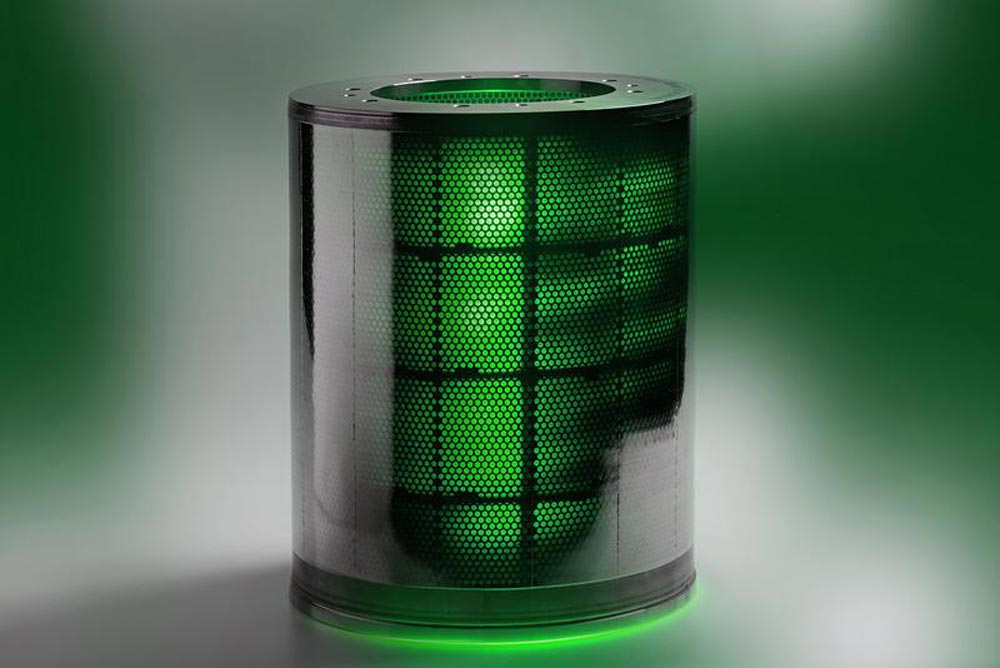
IAA Commercial Vehicles 2018: Fuel Savings Through Driver Assistance

Görges is developing the technology together with his research colleages.
Credits: TUK/Koziel
There are numerous ways to save fuel while driving, such as anticipatory driving and shifting gears at an early stage. However, most people forget about this in everyday life. At the Technische Universität Kaiserslautern (TUK), researchers led by Junior professor Dr Daniel Görges are working on a driver assistance system to help reduce fuel consumption.
“With our technology, savings of 15 to 30 percent can be achieved,” says Görges, who holds the Junior professorship for Electromobility and conducts research at the ZNT. “Our system shows drivers, among other things, at which speed fuel consumption is lowest.” In its calculations, the system takes into account the current traffic situation as well as the route data.
Görges is developing the technology together with his research colleagues around Professor Dr Achim Ebert. A driving simulator is used to test the system. “This enables us to find out better how the driver is to receive the instructions and how the technology is best designed to be user-friendly,” explains Görges.
“This is possible, for example, with bars, arrows, or scales that are displayed at different positions in the field of view. For example, a red bar could indicate that the driver should brake. On the other hand, a green bar indicates the driver to accelerate.
Although fuel-saving systems already exist on the market, they are only partially effective, as Görges explains: “Such technology often does not work with environmental data, which means that important influences on fuel consumption are not taken into account. Moreover, the use of such technology is sometimes not intuitive.”
The Kaiserslautern researchers' system is designed primarily for various commercial vehicles such as trucks, buses and small delivery vans, but the technology is also interesting for private cars. “It can simply be installed on a smartphone or tablet,” the researcher continues. The process is also suitable for companies. You can train drivers in the driving simulator to drive fuel-efficiently.
The research project “Consumer-oriented driver assistance systems for on-road and off-road commercial vehicles” is financially supported by the state of Rhineland-Palatinate. At the IAA Commercial Vehicles in Hanover, the researchers will present the assistance system in a driving simulator at the ZNT research stand.
The Centre for Commercial Vehicle Technology at the TU Kaiserslautern
At the Centre for Commercial Vehicle Technology (ZNT), more than 150 researchers from more than 13 institutes of computer science, electrical engineering, information technology and mechanical engineering work together on an interdisciplinary basis. For example, they develop techniques for autonomous driving and computing methods that ensure that the technologies in the vehicles function reliably. They are also working on intelligent and connected vehicles and are investigating how people and vehicles can interact with each other in the future. Another area of research is in the increase of energy and CO2 efficiency through lightweight construction, alternative fuels, hybridization and electro-mobility. The ZNT is part of the Commercial Vehicle Alliance Kaiserslautern (CVA) and cooperates with many of the research institutes located in the proximity of the university campus. The ZNT is also characterised by close cooperation with commercial vehicle manufacturers and suppliers.
Read more at www.uni-kl.de/znt
Junior professor Dr Daniel Görges
Junior professor for Electromobility
Department of Electrical and Computer Engineering
E-mail: goerges(at)eit.uni-kl.de
Phone: +49(0)631 205-2091
adjunct Prof Dr Achim Ebert
Chair for Computer Graphics and Human-Computer Interaction
Department of Computer Science
E-mail: ebert(at)cs.uni-kl.de
Phone: +49(0)631 205-3502















